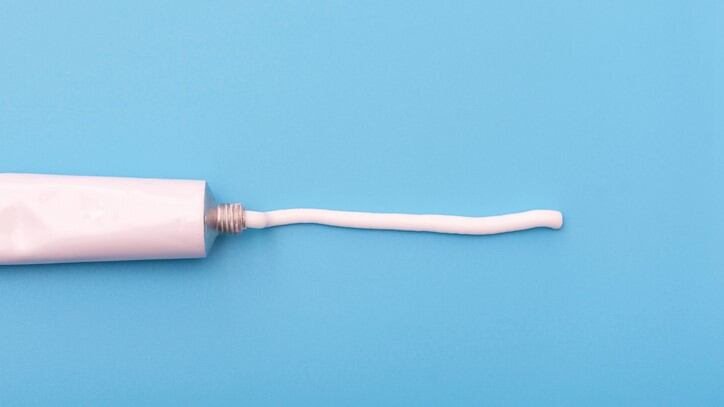This follows Hindustan Unilever’s (HUL) February announcement that it plans to collect and recycle 100% of its plastic waste – over 100,000 tonnes of plastic – from 2021 onwards.
“Recyclable tubes mark a key milestone in our packaging journey and, more significantly, they have the potential to transform the whole oral care industry. Together with our manufacturing partners, we’re making the new design available to any producers interested in adopting the new material, with the ambition to accelerate industry change,” Babu Cherian, R&D oral care packaging director.
Brands such as Signal will eventually introduce more post-consumer recycled plastic (PCR) into their recyclable tubes by 2022 in India, France, and other European markets.
Unilever’s oral care brands including Signal, Pepsodent and Closeup have announced plans to convert their entire global toothpaste portfolio to recyclable tubes by 2025.
This will significantly reduce the use of virgin plastic and support the move towards a circular economy, said Unilever.
HUL plastic goals
Meanwhile, the broader HUL programme will cover more than 100 towns across India with the help of investment and partnerships that improve the waste management infrastructure.
According to HUL, this means it would process more plastic packaging waste than it uses.
HUL has partnered with multiple organisations for the collection of plastic waste including Saahas, CARPE, Recykal, Planet Savers, RaddiConnect, Geoycle, Ramky Enviro.
Through its partners, and with support from Municipal Corporations, HUL has reached out to housing societies and commercial establishments to improve the collection of plastic waste.
“This is in line with the commitment we have made for a circular economy. We have taken a head start on implementing the proposed Extended Producer Responsibility (EPR) framework for plastic waste management. HUL has also developed an ecosystem of partners enabling the collection and safe processing of plastic packaging waste. We have now scaled up our joint efforts to collect more plastic packaging waste than our total plastics footprint, four years ahead of what we previously thought was possible,” Willem Uijen, executive director supply chain, HUL.
Additionally, the firm is also working in partnership with the United Nations Development Programme (UNDP) and the international organization Xynteo.
Through this partnership, the firm has set up material recovery facilities have been set up in Mumbai.
Furthermore, the company is working with the Education Department of Maharashtra and Xynteo to roll out a digital school curriculum focused on the importance of segregation, collection and safe disposal of waste.
The programme reached nearly 100,000 children in Maharashtra during its pilot last year and is currently being scaled across the state.
A new design
Traditional toothpaste tubes are made from a combination of plastic and aluminium, which gives the packaging flexibility but also makes it difficult to recycle.
Instead of aluminium, the recyclable tubes will use a material made mostly of High-Density Polyethylene (HDPE), which is one of the most widely recyclable plastics globally.
According to Unilever, this would be the thinnest plastic material available on the toothpaste market at 220-microns, which will reduce the amount of plastic needed for each tube.
To encourage wider industry change, the innovation will be made available for other companies to adopt as well.
Unilever said the design has been approved by RecyClass, which sets the recyclability standard for Europe, Asia and North America.
Meeting the rigorous requirements of RecyClass means the tubes can be recycled within standard HDPE recycling streams.
This will be the case in France, where consumers can put the new tubes in their home recycling bin ready to be collected and made into new products.
The recyclable tubes were developed with multiple partners, including EPL, Amcor, Huhtamaki and Dai Nippon Indonesia.
Furthermore, the firm’s own formulation and flavours team were roped in to ensure the new tubes did not affect the quality and taste of the product.
Unilever added that it will work with global recycling organisations to help ensure that the new tubes are collected and recycled and “drive further change” across the waste management industry.
“Plastic pollution is undoubtedly one of the biggest environmental challenges of our time. We can see its impact on our planet every day, including the billions of toothpaste tubes dumped into landfills every year,” said Samir Singh, executive vice president, global skin cleansing and oral care.
“That’s why I’m proud of this latest packaging innovation which will see our entire toothpaste portfolio shift to recyclable tubes by 2025. It’s been a long and challenging journey to get to this point, but we hope this transformation will inspire the wider industry to also make the change.”



